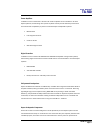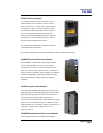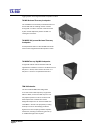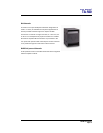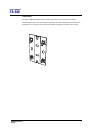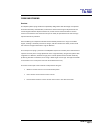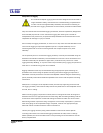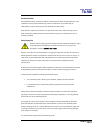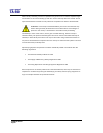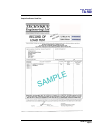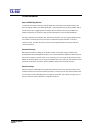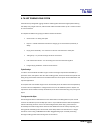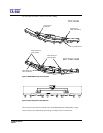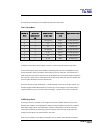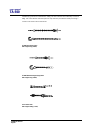
user manual
TA-500
TA-500 user manual
Page 19
Secondary Safeties
All loudspeakers flown in theatres, studios or other places of work and entertainment must,
in addition to the principle load bearing means of suspension, be provided with an
independent, properly rated and securely attached secondary safety.
Only steel wire ropes or steel chains of an approved construction and load rating may be
used as secondary safeties. Plastic covered steel wire ropes are not permitted for use as
secondary safeties.
Safety Inspections
Carefully inspect rigging systems components and cabinets for defects or signs
of damage before proceeding to assemble a flown array. If any parts are
damaged or suspect, DO NOT USE THEM.
Regular, more rigorous test and inspection of rigging components must also be carried out.
Safety legislation and test and inspection requirements will vary from country to country. In
most cases, annual independent test and inspection by a suitably approved and qualified
inspector will be required. Users must ensure compliance with all applicable safety
requirements.
Turbosound recommends regular safety inspections and further recommends that a logbook
be kept detailing the test and inspection history of each Turbosound rigging accessory.
Turbosound has adopted the following load safety factors:
• 12 x load safety factor: Chains, ropes, shackles, eyebolts, straps and hooks.
• 5 x load safety factor: Accessories generally employed in fixed, permanent
installations.
Always wear protective headwear, footwear and eye protection in accordance with local
regulations. Anyone involved in flying ANY sound system, especially in a touring capacity,
should take note of the following advice:
The rigging of a flown sound system may be dangerous unless undertaken by qualified
personnel with the required experience and certification to perform the necessary tasks.
Fixing of hanging points in a roof should always be carried out by a professional rigger and
in accordance with the local rules of the venue. The house rigger and/or building manager
must always be consulted.
You should observe particularly the following points:



